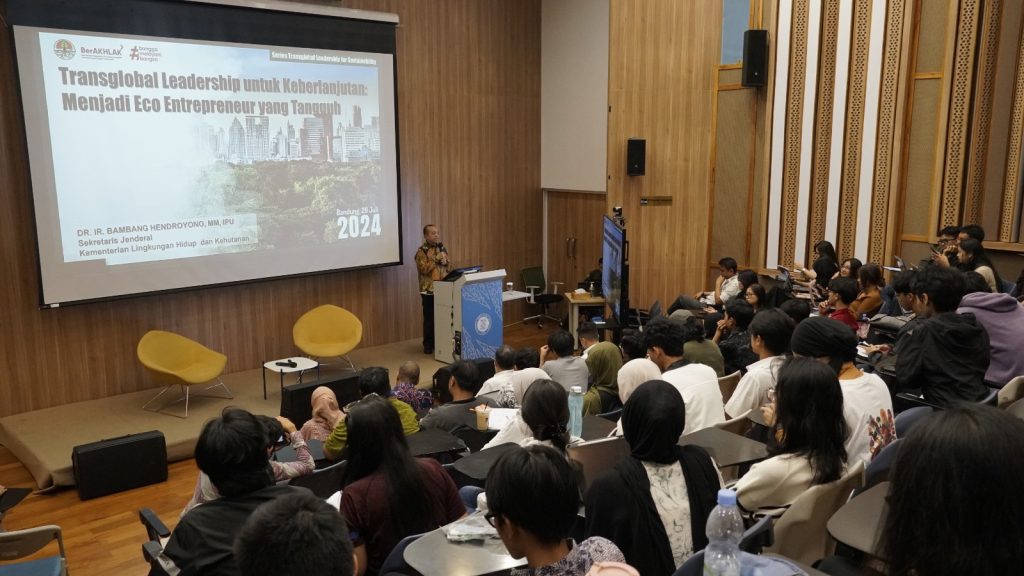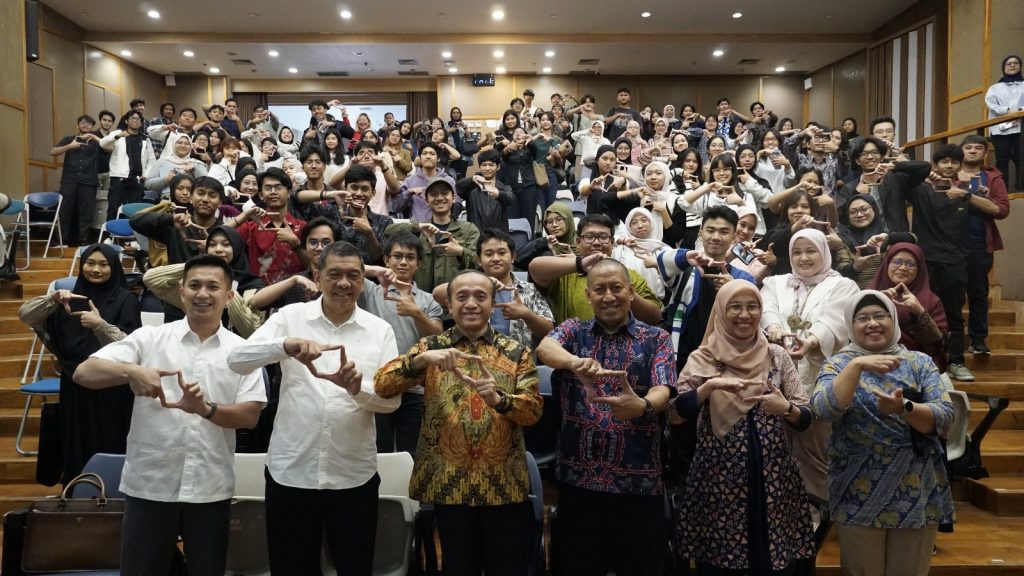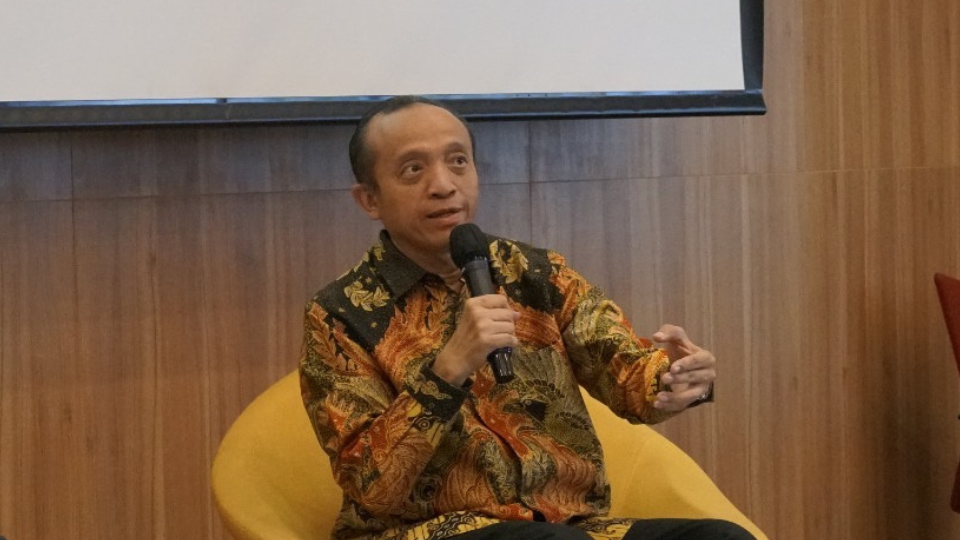A prosperous and advanced country begins with the empowerment of Forestry and Environmental Natural Resources, which upholds the principle of sustainability. Secretary General of the Ministry of Environment and Forestry Bambang Hendroyono conveyed this while giving a guest lecture on the Environmental Management System at the SBM ITB on Friday (26/7).
In the lecture, Bambang discussed Transglobal Leadership for Sustainability: Becoming a Resilient Eco Entrepreneur. According to Bambang, the Eco-Entrepreneur development movement aims to realize landscape-seascape sustainability, based on Article 33 paragraph 4 and Article 28 H paragraph (1) of the 1945 Constitution.

“Eco-entrepreneur development is the basic foundation in maintaining and preserving the environment for future generations,” explained Bambang.
Bambang emphasized the importance of transglobal leadership in developing Eco-Entrepreneurship for sustainability, which involves legal, technical, scientific, and governance management aspects. Starting with policy improvement and then regulating the policy.
“Next is becoming a global leader who has an impact and increases productivity through good governance,” he said.
According to Bambang, Eco-Entrepreneurship includes six intelligence elements: cognitive, moral, emotional, cultural, business, and global intelligence. SBM students are expected to be able to become global leaders who run and develop sustainable, environmentally friendly business activities and have a positive impact on society and the environment.
Bambang proudly shared that Indonesia has made significant strides in implementing transglobal leadership and sustainability missions through the PROPER Program. Since its inception in 1997, PROPER has seen various enhancements, such as integrating three media (water, air, and B3 waste) in 2005 and evaluation through SIMPEL in 2019. In 2023, 3,694 industries participated, showcasing a solid commitment to sustainability with innovative practices like Life Cycle Assessment (LCA) and Social Return on Investment (SROI).
According to Bambang, the Ministry of Environment and Forestry has also succeeded in developing sustainability in the infrastructure, hydropower management, and mining sectors. A concrete example is the construction of the Pekanbaru-Dumai (Perrmai) Toll Road, which is equipped with a tunnel for elephant crossings, the Biodiversity Management Plant (BMP-AP) program for the Upper Cisokan Pump Storage, and post-mining environmental protection and management.
The development of nature-based water quality recovery technology is also an important focus. An example of the application of this technology can be seen in Baima Cina, where canals are used to collect and channel wastewater. A similar program was carried out by SBM students through the Circular Dago program, known as “Susur Gang,” aimed at finding tourism potential by involving 11 environmental communities in the Dago area, Bandung.
Bambang also highlighted the new National Capital City (IKN) as an example of a sustainability vision. IKN is designed to be an ecocity with collaboration in an area of 256,000 hectares, with a target of 60-70% of its area being forest-oriented.
“As an ecopreneur, it is okay to do business, but do not create a business that negatively impacts the environment and damages the welfare of the community. Without transglobal leadership, a vision without morals and order, ecopreneurs will not succeed,” he said.
He encouraged students to become eco-entrepreneurs who can lead, build innovation, and understand and develop transglobal leadership, thereby increasing ecological resilience and community welfare.





